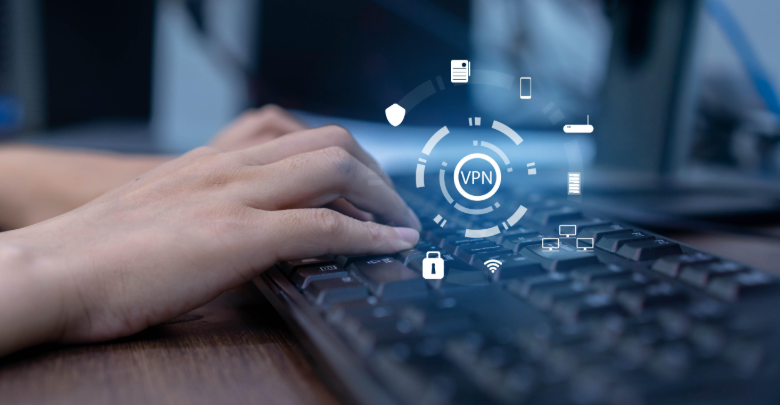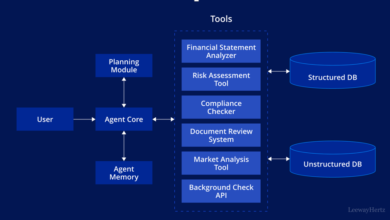What Does VPN Mean? A Simple Guide for Beginners

While you’ve probably heard the term “VPN” associated with browsing the internet, you may be unfamiliar with what it exactly means. You may also be wondering whether you need one yourself. VPNs, or virtual private networks, are actually a straightforward way to take control of your own internet safety. In this guide for beginners, we’ll further explore VPN meaning and why you may want to use one.
What is a VPN?
A VPN is a tool that essentially creates a secure, encrypted connection over the internet, acting as a private network for your personal device. For instance, it masks your IP address, which hides your location and identity, and encrypts your data. This protects you from hackers or other third parties (e.g., advertisers). VPNs are typically used to boost privacy online, such as by securing connections on public WiFi or bypassing geographic restrictions on internet access.
VPNs go beyond simple privacy issues; they also encrypt your internet traffic. This means that all the information you send or receive when browsing, such as emails, passwords, and videos you stream, is converted into indecipherable code while in transit. Using a VPN as a digital disguise keeps this sometimes sensitive data private and keeps even your internet service provider from tracking your browsing habits (and marketers from targeting you).
How Does a VPN Work?
The idea of increased internet privacy is appealing – but how does a VPN work, exactly? VPNs work by acting as a secure tunnel between your device and the internet. When you enter a web address, instead of instantly sending that request directly to the internet, a VPN sends it through the private server first. Then, that server communicates with the website you want to visit (basically acting on your behalf); the website will only see the VPN server’s IP address, rather than your actual address.
Why is this beneficial? This encryption utilized by VPNs also ensures that if someone else, such as a hostile third party, wants to “listen in” on your connection, all they will see is scrambled data, making it unreadable. Although you can purchase antivirus software to protect against malware, a VPN takes your security to the next level and secures your data as it travels through the internet.
See also: The Evolution of Sports: How Technology Is Changing the Game
Do You Need a VPN?
For most people, a VPN offers an extra layer of internet security, especially if you’re a digital nomad or remote employee who frequents different locations for work. These days, almost everyone is in a position where they need to connect to public WiFi at some point, and a VPN gives you peace of mind that your personal information is safeguarded and isn’t being tracked. You may also need access to content that isn’t available in your region, which a VPN makes possible.
So, a VPN could be right for you if you want greater privacy and security or more freedom online. For beginners, a VPN is a way to take control of your online life without requiring a high level of tech-savviness. Consider a VPN for yourself and take advantage of the security and flexibility it offers to your online browsing experience.





